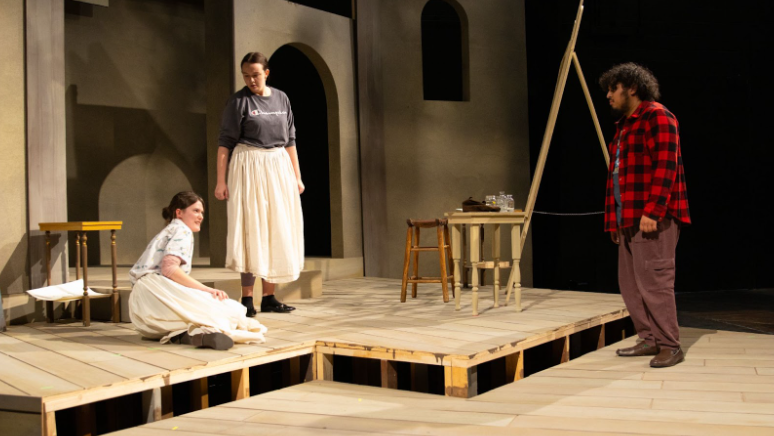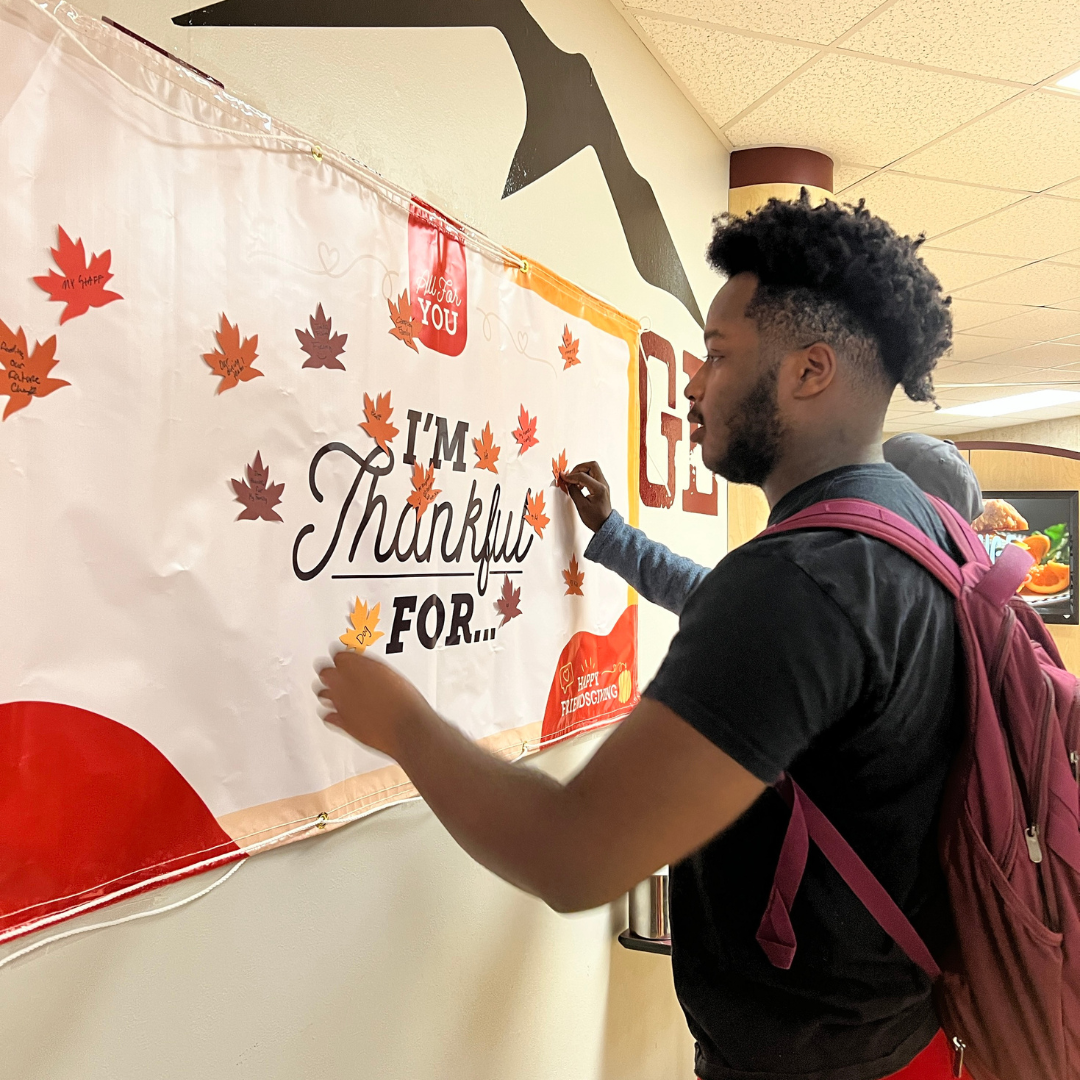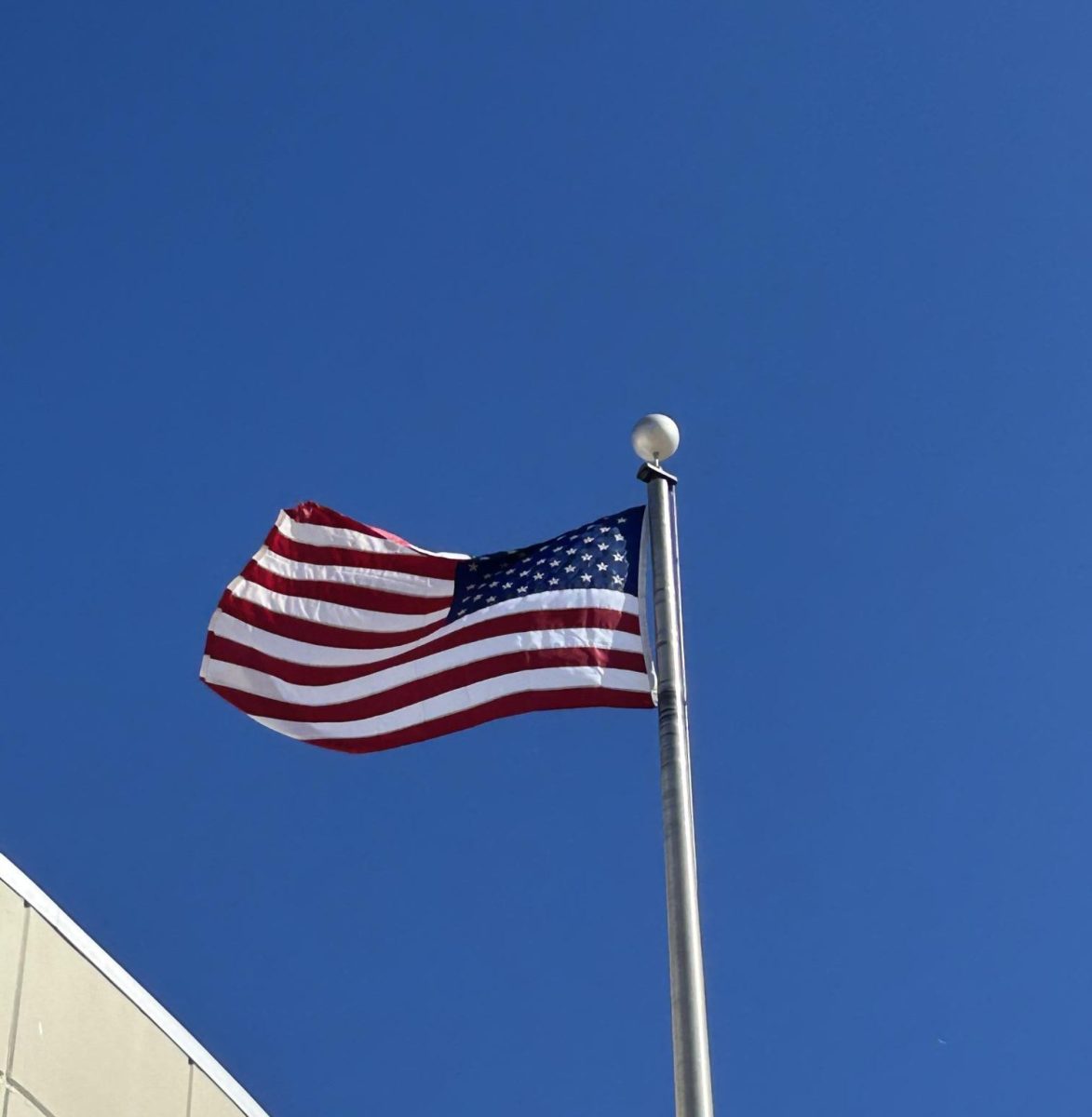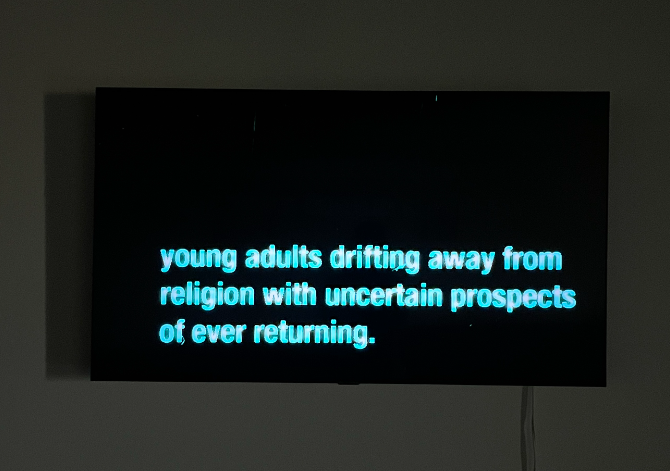Dr. Robert Ballard lectured at Mary Moody Northen Hall on April 23 as part of the WTAMU Distinguished Lecture Series. Ballard is known for his deep-sea exploration and, more specifically, his discovery of the remains of the E.M.S Titanic. His lecture focused on where his love of sea exploration came from and the discoveries and accomplishments he has made since then.
“It wasn’t quite what I expected, but I really liked it,” Lacey Hamilton, sophomore Accounting major, said. “I thought it was kind of better than what I expected.”
Ballard was born in Wichita Falls, Kansas and became interested in sea exploration after reading 20,000 Leagues Under the Sea by Jules Verne. When his parents asked him what he wanted to be, he would say Captain Nemo. Ballard said he became fixated with the fact that the ocean had a bottom because he had always just thought of it as a big bucket of water. Later, he would also realize that ocean has the largest mountain ranges on the planet.
“I think of the earth as a creature, a living organism,” Ballard said. “We are lucky to live here.”
When he was still young, he and his family moved to San Diego, which provided him opportunities to explore his passion.
“You should always support your children’s passion even if it is crazy,” he said.
Ballard pursued a career in the Navy, and after serving, he continued his education and earned a Ph.D. in geology and geophysics.
“One-third of the planet is my house, is my playground,” Ballard said.
“Our earth is like a jigsaw puzzle,” he said. “It is a beautiful balance of creation and destruction.”
Ballard recalled some of his biggest discoveries including the Titanic and the Bismarck. After discovering the Titanic, Ballard made the decision to leave the remains alone.
“To me, the Titanic is a cemetery,” Ballard said.
On one trip down into the ocean, Ballard was curious about the temperature of hot springs along the mountain range. They measured it, and it was so hot that the thermometer attached to the submarine melted. He also observed different creatures such as six feet tall worms and large clams that had no internal organs and were taken over by bacteria.
He also described some of the pranks he played during submarine trips. The submarine was only fit to hold three people, which typically consisted of the pilot, mission commander and a graduate student. He joked about the tricks he would play on the graduate students like filling them up with coffee before going down in the submarine all day without a bathroom. When the submarine would drop, it would hit a certain point where the heat would be absorbed and the inside of the submarine would begin to drip water.
“The pilot knows it’s going to drip,” Ballard said. “I know. The student doesn’t know. It usually takes eight drops to crush the individual who would come unglued.” He said the student would turn on his flashlight and see the water coming from the hatch.













